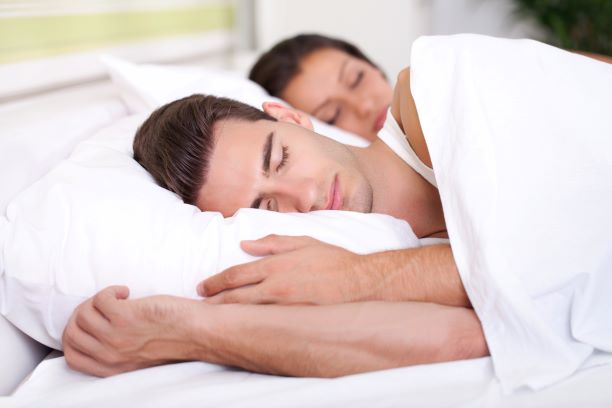We sleep about 1/3rd of our lives and science still can’t find a reason why we do. It’s such a fascinating cascade of chemistry, feedback loops and brain activity that still baffles science. There are still mysteries that our Creator uses to prove this stuff couldn’t just evolve. Sleep is one of those mysteries.
Look through these 10 false myths and see which ones you might want to change in your routine…
1. Adults need five or fewer hours of sleep.
“If you wanted to have the ability to function at your best during the day, resist illness better, be mentally strong, how many hours do you have to sleep?” This was the question asked by the senior study investigator Girardin Jean-Louis, a professor in the Department of Population Health and sleep research. The articles suggest 7-10 hours is optimal. There is a lot of research showing that less than 5 hours of sleep per night increases our risks for stroke, heart attacks, diabetes, high blood pressure, and fatal car accidents or work accidents.
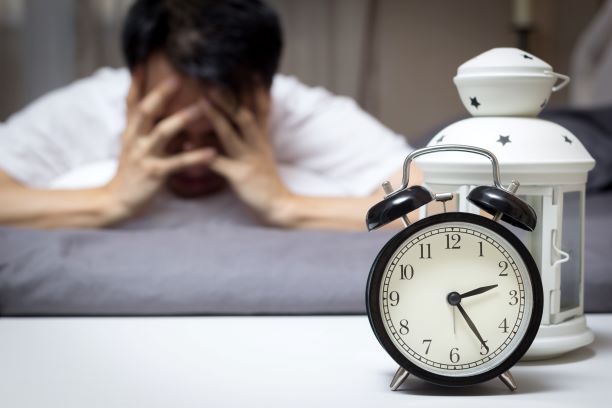
Other symptoms that can develop with chronic sleep deprivation include; a weakened immune system, weight gain, a lack of libido, mood swings, paranoia, depression and a higher risk of dementia and some cancers.
2. It’s healthy to be able to fall asleep ‘anywhere, anytime’.
Falling asleep as soon as the car/train/airplane starts moving is not a sign of a well-rested person, sleep experts say. In fact, it’s just the opposite.
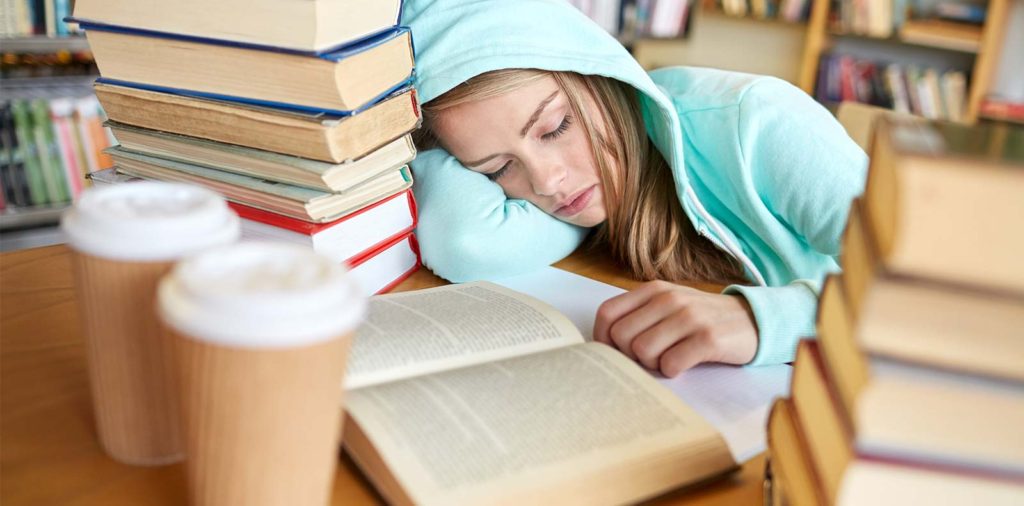
“Falling asleep instantly anywhere, anytime, is a sign that you are not getting enough sleep and you’re falling into ‘micro sleeps’ or ‘mini-sleep episodes’. It suggests your body is so exhausted that whenever it has a moment, it’s going to start to repay its sleep debt.”
You feel sleepy because of a buildup of a chemical called adenosine in the brain, which happens throughout the day. Sleeping soundly reduces that chemical (in some of the sleep stages that are disturbed in Sleep Apnea) so that when you wake up, the levels are at their lowest, and you feel refreshed. The longer you stay up at night, the less sleep you get and adenosine levels rise, creating what’s called a sleep debt.
Want to check your level of sleepiness? Take the Epworth Sleepiness Scale and if you’re worried, check in with a sleep doctor who can do more extensive testing in a sleep lab.
3. Your brain and body can adapt to less sleep.
People also believed that the brain and body could adapt and learn to function optimally with less sleep. That too is a myth, experts say. That’s because your body cycles through four distinct phases of sleep to fully restore itself.
Stage one is a light sleep and you are awakened easily. Your brain begins to send signals to disengage you from awaking in stage two, where you will spend most of your total sleep time. Stages three and four contain the deepest, most restorative sleep and the dreamy state of REM, or rapid eye movement sleep. Sleep Apnea and other medical conditions can prevent you from getting into REM (dream sleep) sleep.
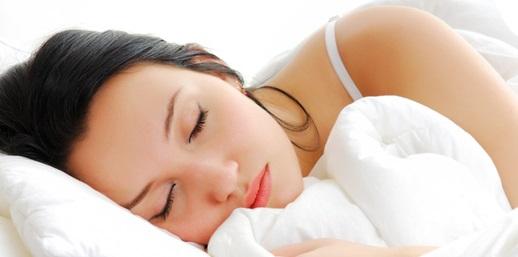
“During REM, the brain is highly reactive,” Robbins said. “It almost looks like your brain is awake if we hook you up to two more electrodes and were able to monitor your brain waves.”
REM can occur any time during the sleep cycle, but on average, it starts about 90 minutes after you’ve fallen asleep. REM is when your body and brain are busy storing memories, regulating mood and learning. It’s also when you dream. Your muscles are temporarily paralyzed during REM sleep except for the heart, diaphragm, mouth, and ears, so you can’t act out your dreams and can be awoken if danger approaches.
Some people have night terrors – a sudden awaking where you feel “paralyzed” and unable to speak or move for a moment; this sudden waking from REM sleep is the reason. It takes a second or so for the brain to secrete the chemicals that “re-connect” the brain to the spinal cord and get signals to the motor muscles of the body.
With normal sleep, you’ll go through several REM cycles, which take up about 25% of your total sleeping time. Typically the “last dream” of the night will be what’s remembered.
Stage 3 sleep, or “deep sleep”, our brain waves slow into what is called delta waves or slow-wave sleep. It’s the time when human growth hormone is released and memories are further processed. “The deeper stages of sleep are really important for generation of neurons, repairing muscle and restoring the immune system,” the author states.
4. Snoring, although annoying, is mostly harmless.
In your dreams, maybe. In fact, “loud, raucous snores interrupted by pauses in breathing” is a marker for sleep apnea, a dangerous sleep disorder that, according to the National Heart, Lung and Blood Institute, increases risk for heart attacks, atrial fibrillation, asthma, high blood pressure, glaucoma, cancer, diabetes, kidney disease and cognitive and behavior disorders.
Using a CPAP machine or a Dental Sleep Appliance
“Sleep apnea doesn’t allow restful stages of sleep for the skeletal system or brain. Patients may sleep many hours but don’t get the proper sleep stages needed for restoration of the brain and body.
You wake up over and over; then they are fighting sleep all day long because they’re so exhausted. We believe it affects about 30% – 40% of the population, and around 10% are diagnosed.”
Children can have sleep apnea from allergies, enlarged tonsils or adenoids or imbalanced jaw growth that is a side effect of mouth breathing. If a child snores even one night per week, is hard to get them asleep or very hard to wake them in the morning, that is possibly a sign of sleep apnea. In children, it will affect the brain development and growth of the face, bite, and TMJ.
5. Drinking alcohol before bed helps you fall asleep.
Do you think a nightcap before bed will help you fall asleep and stay asleep? Dream on.
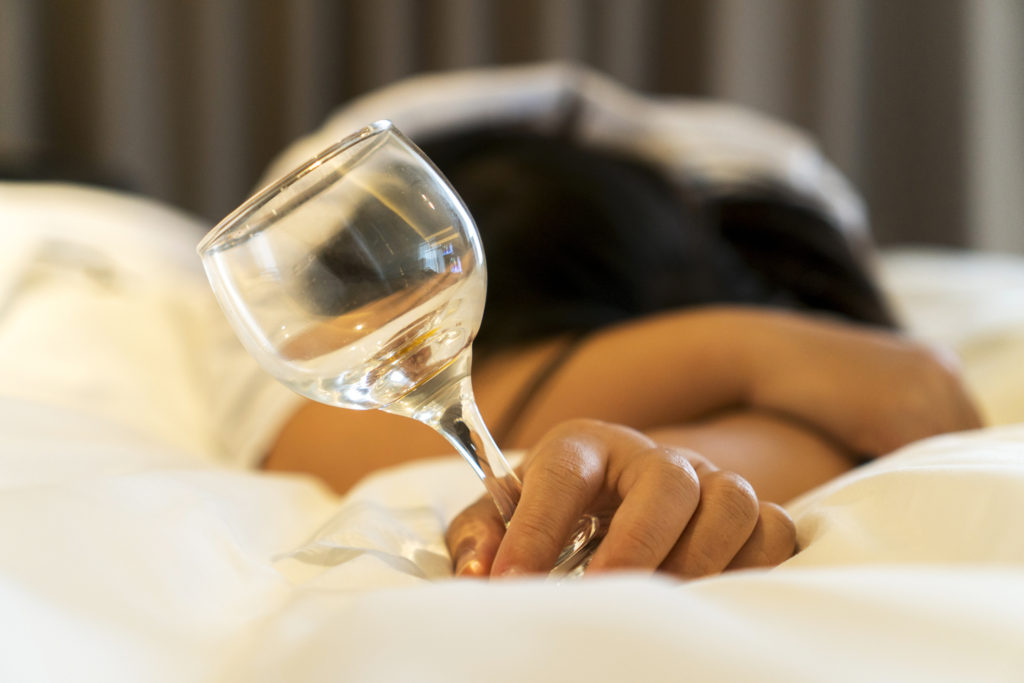
Alcohol may help you fall asleep, but that’s where the benefits end, the author states. Instead, it traps you in the lighter stages of sleep and “dramatically reduces the quality of your rest at night.” Metabolism of the alcohol continues to pull you out of rapid eye movement and the deeper stages of sleep where you get the feeling of a “good night’s sleep”.
6. Not sleeping? Stay in bed with eyes closed and try and try.
You have to admit, it makes sense: How can you fall asleep if you’re not in bed trying? Yet sleep experts say that continuing to count sheep for more than 15 minutes isn’t the smartest move.
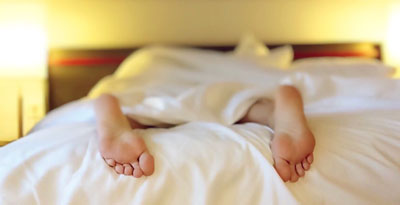
“If we stay in bed, we’ll start to associate the bed with insomnia,” Robbins said. She equates it to “going to the gym and standing on a treadmill and not doing anything.”
In reality, Robbins said, it takes a healthy sleeper about 15 minutes to fall asleep. If you’re tossing and turning much longer than that, you should get out of bed, change the environment and do something mindless: “Keep the lights low and fold socks,” she suggested.
Some people also believe that it’s just as refreshing to your body to lie in bed with eyes closed but not sleeping. Nope. That’s another pipe dream, experts say.
7. It doesn’t matter what time of day you sleep.
Sleep experts say that’s another myth that can negatively affect your health.
“We recommend that people have a regular sleep schedule because it controls what we call the biological clock, or circadian rhythm, of the body,” Jean-Louis said. “That controls all the hormones of the body, body temperature, eating and digestion, and sleep-wake cycles.”

When your inner clock and the outside world are out of phase, you can feel disoriented, mentally foggy and sleepy at times when you need to be functioning at optimal levels. Just think of what happens when you travel across time zones or when daylight savings time kicks in.
Studies of shift workers, who work unusual hours and live out of sync with their normal biological rhythm, show that they are at increased risk for heart disease, ulcers, depression, obesity and certain cancers, as well as a higher rate of workplace accidents and injuries due to a slower reaction rate and poor decision-making.
8. Watching TV in bed helps you relax.
Come on, we all do it — or we check our laptop or smartphone before we power down for the night. Not so.
“These devices emit bright blue light, and that blue light signals the pineal gland that it’s time to become alive and alert in the morning, because it is the nearly morning “color of light”. “
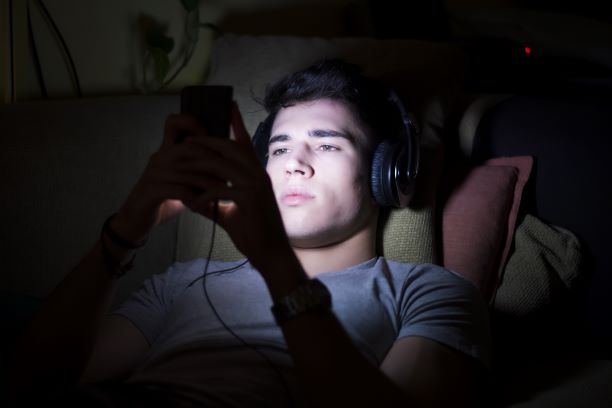
According to the National Sleep Foundation, blue light affects the release of melatonin, the sleep hormone, more than any other wavelength of light. Watching TV or using an electronic device within two hours of bedtime means it will take you longer to fall asleep, you’ll have less dream state or REM sleep, and even if you do sleep eight or more hours, you’ll wake feeling groggy.
If you or your children can’t make that two-hour cutoff because of homework or late-night work demands, experts suggest dimming the brightness of the screen or installing an app that can warm the screen to the sunset colors. Red and yellow have higher wavelengths and don’t affect melatonin.
9. Hitting snooze is great! No need to get up right away.
Raise your hand if you hit the snooze button. Why not, right?
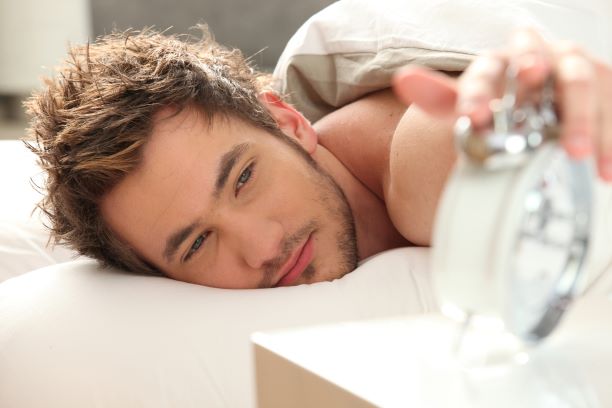
“Resist the temptation to snooze, because unfortunately, your body will go back to sleep — a very light, low-quality sleep,” says the author.
As you near the end of your sleep, your body is probably nearing the end of its last REM cycle. Hit that snooze button, and the brain falls right back into a new REM cycle. Now, when the alarm goes off a few minutes later, you’ll be in the middle, not the end, of that cycle, and you’ll wake up groggy and stay that way longer.
10. Remembering your dreams is a sign of good sleep.
“That’s a myth, because all of us do experience dreams four to five times a night, IF we are sleeping properly and going thought the full range of sleep stages” Jean-Louis said. “And we don’t remember because we’ve not woken up and disrupted our sleep.”
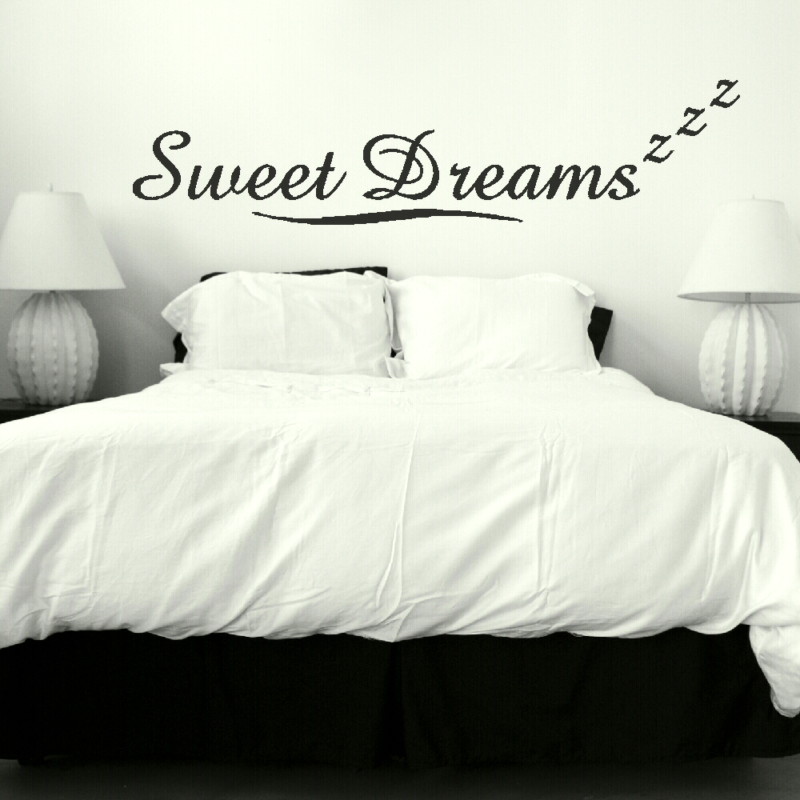
A study out of France showed that people who frequently remember their dreams have higher brain activity in the information-processing hub of the brains. They also woke twice as often during the night and were more sensitive to sounds when sleeping and awake. This heightened “awakens” could be suggestive of obstructive sleep apnea or a Sleep Disorder typical of middle aged women called Upper Airway Resistance Syndrome. The airway becomes hyper-sensitive to narrowing in deeper sleep and will trigger a subtle awaking throughout the night, often associated with clenching/grinding of your teeth. This repeated TMJ loading is frequently one of the triggers for TMJ disorders.
“Now, I will tell you if you have a dream with a strong emotional context, it may come back to you at say, two o’clock in the afternoon, when you have some downtime to relax,” Jean-Louis said. “Sometimes, something would trigger that. But if it is a weird little mundane dream, most of us who sleep well don’t remember those.”
MORE MYTHS
The research team found more myths that we tend to accept as fact, Jean-Louis said, such as “more sleep is always better” (no, you really can sleep too much and harm your health), “taking a nap in the afternoon can fix insomnia” (actually, if you sleep long enough to enter a REM or deep sleep cycle, it can mess up your body clock even more), and “it’s better to have a warm than cool bedroom” (no, you sleep better in cooler temps).
Which means that we could all use a bit of education about good sleep hygiene, a set of habits to form that will set you up for a lifetime of healthy sleep. The National Sleep Foundation has tips, as does our website at WWW. TMJSLEEPSOLUTIONS.COM.
10 Myths About Sleep, By Sandee LaMotte, CNN, Updated 2:06 PM ET, Wed April 17, 2019.https://www.cnn.com/2019/04/16/health/sleep-myths-facts-study/index.html


